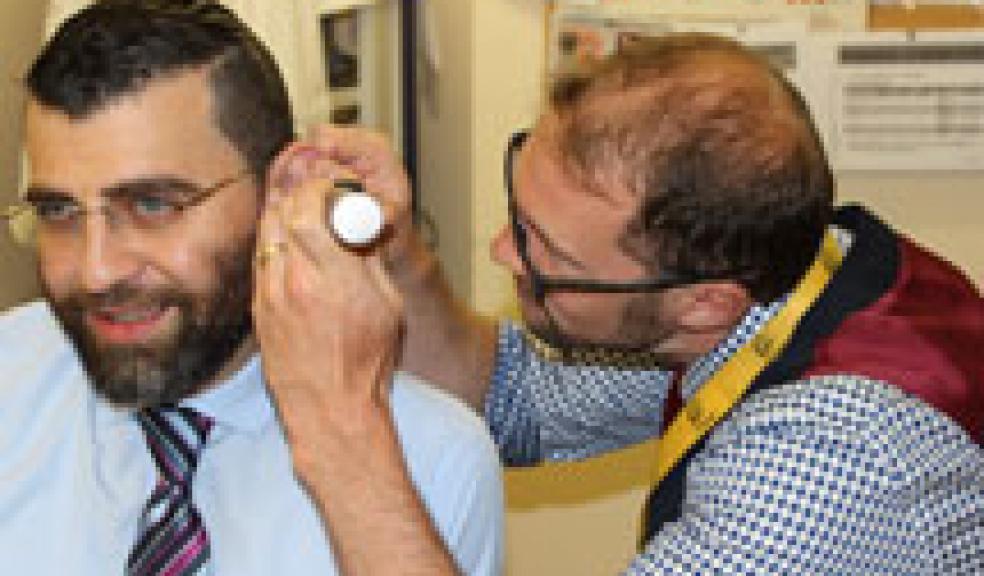
Derriford plays key part in national tinnitus research
Are you or is someone you know affected by tinnitus?
Plymouth Hospitals NHS Trust is participating in a national, clinical trial into a potential new drug treatment for tinnitus.
Derriford Hospital is one of 11 in the UK taking part in the QUIET-1 trial, which will involve about 150 patients receiving four daily pills - or a placebo - every day for four weeks.
James Rainsbury, Consultant ENT surgeon at Derriford Hospital, said: “We have just started recruiting and would like to hear from anyone willing to take part in this study. About one in ten people experience tinnitus to such a degree that it has a severe impact on the quality of their life and there is currently no drug treatment for the condition. This highlights why studies such as this are so vital.”
Tinnitus - a condition affecting about six million people in the UK – normally appears as a ringing in the ears, accompanied by some loss of hearing. The type of sound heard varies from buzzing to ringing or hissing and can vary in pitch. Causes include loud noise, age-related hearing loss, changes to the inner ear bone structure and build-up of wax.
QUIET-1 is testing the potential of a new drug, AUT00063, to stem and reduce the symptoms of tinnitus in cases of early adult diagnosis – that means those who have had the condition constantly for between six and eighteen months.
The treatment has been developed by scientists in the UK working for pharmaceutical company Autifony. It acts on brain cells involved in the processing of sound. It is also less invasive than other drugs currently being trialled as these often involve injections into the ear drum.
Dr Lisa Vickers, Research and Development Manager, said, “We are delighted that we were able to quickly issue R&D approval for this study to allow early enrolment and are looking forward to recruiting for this important research.”
If you would like to find out more about this study, or discuss whether you are eligible to participate, please contact Roz Squire (Research Nurse) on 01752 439455.













